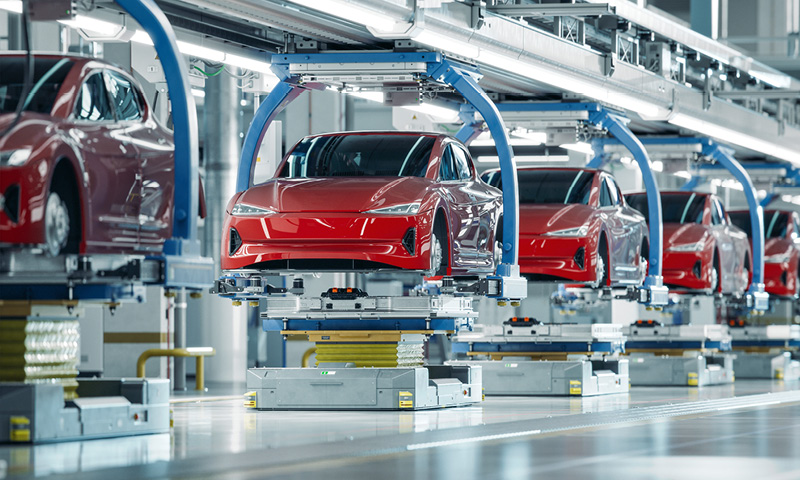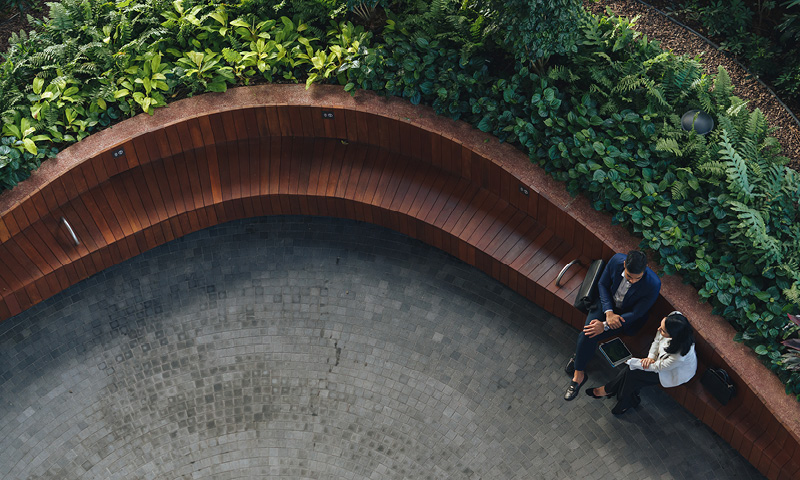29 March 2022
In his Spring Statement last week, the Chancellor announced a reform of VAT reliefs on the supply and installation of energy saving materials in residential accommodation.
Firstly, a temporary zero rate of VAT will apply to energy saving materials and their installation for a five-year period, running from 1 April 2022 until 31 March 2027. Insulation, solar panels, draught stripping, central heating and hot water system controls, heat pumps, and wind and water turbines will be eligible for the zero rate when installed in domestic dwellings or ‘relevant residential buildings’ (such as care homes). Unless the Government decides to extend the zero rate beyond the planned five-year period, a 5 per cent reduced rate of VAT will apply from 1 April 2027.
This VAT relief is not entirely new - some of these products are at present eligible for a 5 per cent reduced rate. However, the current relief is narrow in scope, meaning that most householders have had to pay VAT at the full rate of 20 per cent on recent energy saving installations. The Chancellor essentially aims to reinstate a previous VAT relief that was significantly restricted in 2019, after a European court ruled that reduced rates on energy saving materials should only be available to certain social groups and that wind and water turbines did not qualify for relief.
The Government will remove the current limitation of the relief to residential accommodation occupied by the over 60s or people receiving state benefits. It will also abolish the requirement that the service element of the supply must account for over 60 per cent of the total cost of the installation. Wind and water turbines will be reinstated to the list of eligible energy saving materials.
This restoration and simplification of the VAT relief on installations of energy saving materials will be welcomed by homeowners and the renewables and construction sectors. The EU’s previous decision to curtail an attempt to incentivise environmentally conscious property upgrades had been insensitive to say the least. However, it is less simple to work out whether the final consumer will actually be any better off as a result.
The Chancellor’s attempt to present his introduction of a VAT zero rate for installing energy saving materials in homes as a means of alleviating the cost-of-living crisis is tenuous at best. Material costs continue to increase at an alarming rate and installations of solar panels or heat pumps were never likely to be an option for householders who are already struggling to pay their fuel bills. While there is new government funding available for heat pumps, other grants established to support those vying to fit energy saving measures, such as the renewable heat incentive, are being phased out.
Also, as VAT in Northern Ireland must remain in line with EU legislation and case law, the zero and reduced rates will only apply in Great Britain, unless the Government can agree an extension to Northern Ireland.
The Chancellor has confirmed that the Northern Ireland Executive will receive additional funding in the meantime, but it is not yet clear how this will be spent.
Taking all of this into account, the true cost to the consumer is likely to be comfortably higher than in previous years. So, while a VAT reduction is good news in isolation, homeowners footing the overall material and installation costs may not see any upside in real terms for some time to come.









